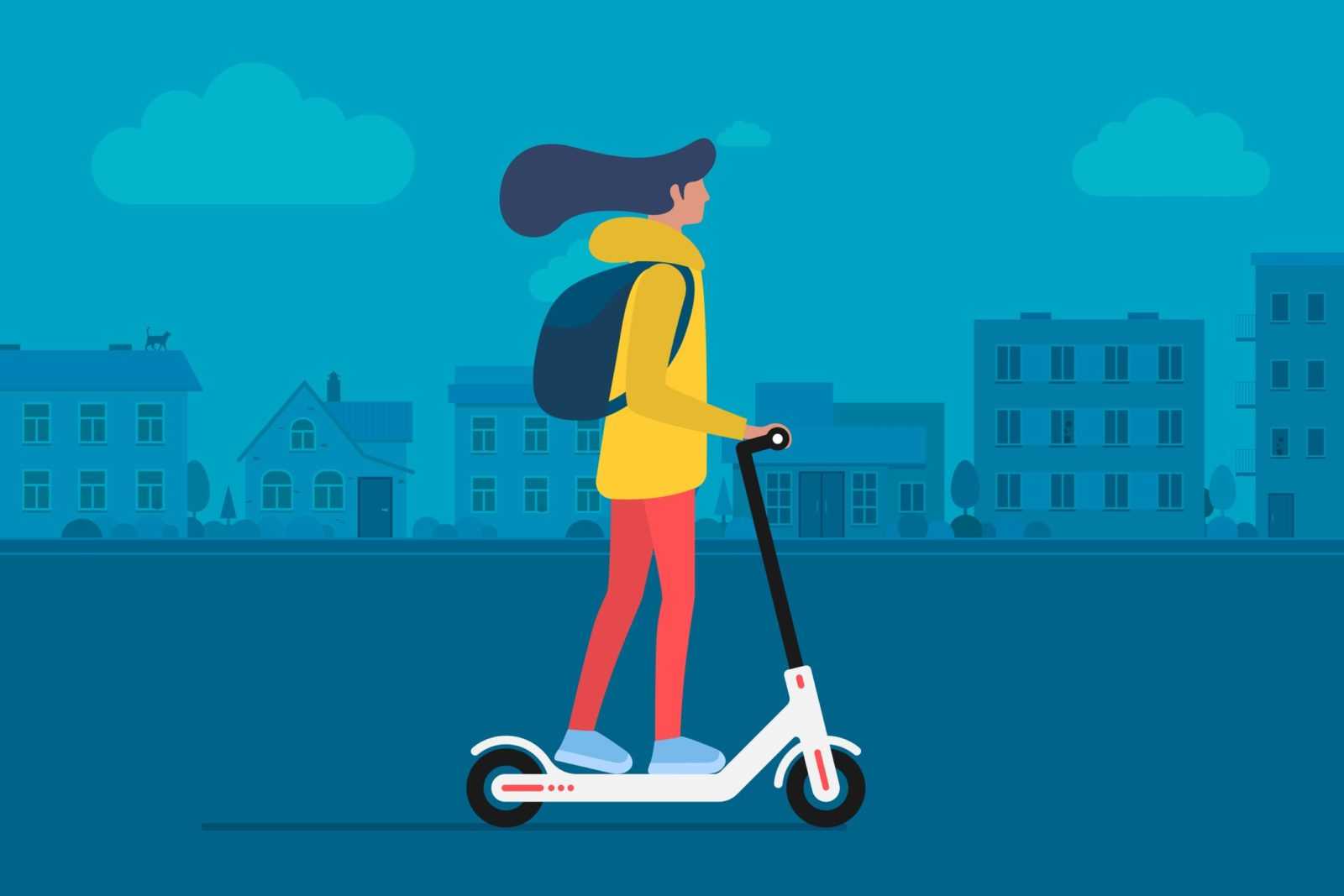Critics have called electric scooters a nuisance and safety risk; New York bans them. Still they grow, with promises of green urban transport and backing from companies like Uber.
Now a North Carolina State University study is throwing cold water on shared scooters’ green credentials. E-scooters generate more greenhouse gases per mile than a diesel bus with high ridership, more than electric mopeds and cycles, and other personal transportation, researchers say.
The study, “Are E-scooters Polluters?”, looks at the full lifecycle of the e-scooter and found they produce more than 200 grams of carbon emissions per mile, half that of a typical car.
“Claims of environmental benefits from their use should be met with skepticism,” the study concluded. Longer scooter lives, greener manufacturing and improved scooter collection and distribution are needed.
Short lifespans are a major issue with scooters — they last less than a month, according to an analysis of Bird scooters by Quartz. They are abused, destroyed and carry lots of overweight Americans, the study said. If companies extended longevity to two years, they would decrease emissions per mile by 30%. “Companies can extend the life of their scooters by investing in more durable scooters and increasing efforts to reduce vandalism and theft,” Johnson wrote.
Another issue with e-scooters is that, according to the study, almost half of riders surveyed said they would have walked or used pedal bikes and generated zero emissions, if the scooters weren’t available. And another 7% would have skipped the trip altogether.
Only a third of e-scooter riders surveyed said they would have driven or used a ride service if the scooters weren’t available. That’s not enough to tip the scales for e-scooters, even though their carbon emissions are less than half those of a car with 26 mile-per-gallon efficiency.
E-scooters only become the clear environmental winner when they are displacing car rides close to 100% of the time, Johnson said.
Energy Usage
In a statement, scooter company Lime said “the study is largely based on assumptions and incomplete data that produces high variability in the results.” The company wasn’t backing off claims of environmental benefits: “Micromobility will reduce pollution and mitigate climate change through clean and efficient modes of transportation.” Bird, of Santa Monica, California, has issued similar statements.
The findings come as e-scooter programs proliferate in the U.S., where users took nearly 40 million rides last year, and beyond. Bird and Lime offer their services in a total of over 120 cities on five continents. They’ve raised more than $1.2 billion combined via multiple venture rounds with Lime most recently closing a $310 million funding in February. Lime announced that it would use the money for further expansion and to improve its technology.
Longevity Problem
Other headwinds face the industry. Last May, Lime’s hometown San Francisco banned e-scooter services after residents filed more than 1,900 complaints regarding nuisance and safety hazards. Washington D.C. suspended Skip’s permit after a battery fire, and the city is weighing legislation that would prohibit riding for six hours each night and require scooter companies to remove illegally parked devices.
Hanjiro Ambrose, a research fellow at the University of California Davis Institute of Transportation Studies, says he was not surprised by the North Carolina State study results. He says that emissions should be in the 50- to 100-gram-per-mile range to affect climate change. But he believes that scooters can play a role in a comprehensive, urban transit system and called for additional research. “We need to understand how systems can work together,” he said.
Ambrose, who described scooters as “tech-bros things,” also said that a decision to use a scooter instead of a car can have a rippling effect on transportation choices throughout the day. “You’re more likely to take another mode of transportation because you didn’t take your car,” Hanjiro told Karma. “You make a series of choices.”






















